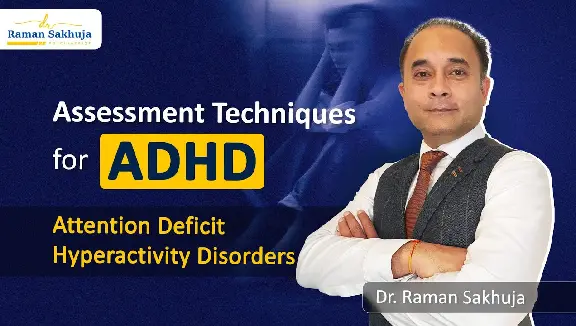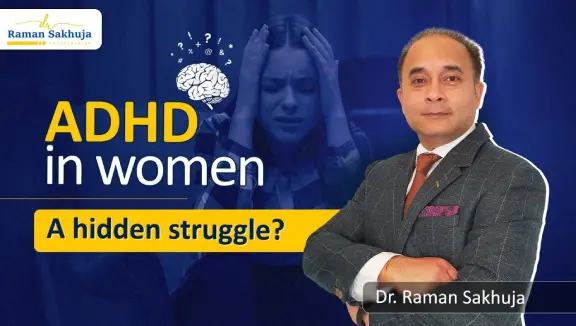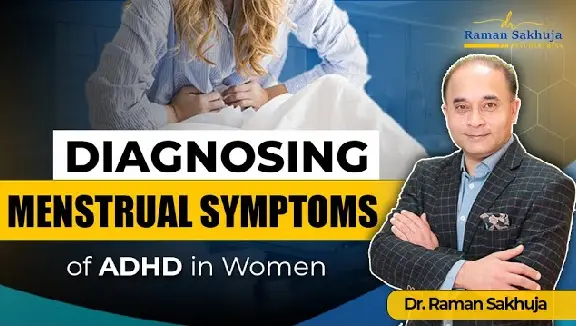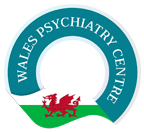The use of EEG (ElectroEncephalogram, in other words, electric activity of the brain) in ADHD dates back many years. There are certain brain frequencies that are known to be more prevalent in ADHD with some ratios of those frequencies to be up or down than someone without ADHD. The use of EEG can therefore be useful in helping with personalizing the management of ADHD for the individual. Recent research has helped in bringing us to a point where using softwares, a Q-EEG (Quantitative EEG) can be produced that helps in identifying the different ratios of the brain frequencies and the relative power bands of those frequencies.
These then can be useful in treatment with Neurofeedback where the individual is trained by the feedback of those frequencies to alter them and improve the symptoms. In simple terms, it can be seen as training the brain to alter the frequencies to improve symptoms.
The initial screening appointment generally lasts for up to 1 hour. A full diagnostic assessment subsequently can take up to 3 hrs to complete.
It depends on whether someone is looking only for a diagnosis or is interested in diagnosis and treatment. If it is just for diagnosis, the diagnostic assessment will be concluded with information on treatment modalities.
Dr. Sakhuja believes that the ADHD treatment is multimodal and includes a combination of medications, sleep optimization, self-help resources and groups, psychological interventions, nutritional support, and Neurofeedback.
The short answer is that it depends upon the GP. The treatment is generally initiated by the specialist and after stabilization, some GPs are happy to enter into a GP Shared Care (GPSC) arrangement where the prescribing is taken over by the GP with an agreement of monitoring and reviews of the medication by the specialist with appropriate recommendations.





